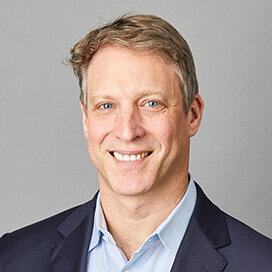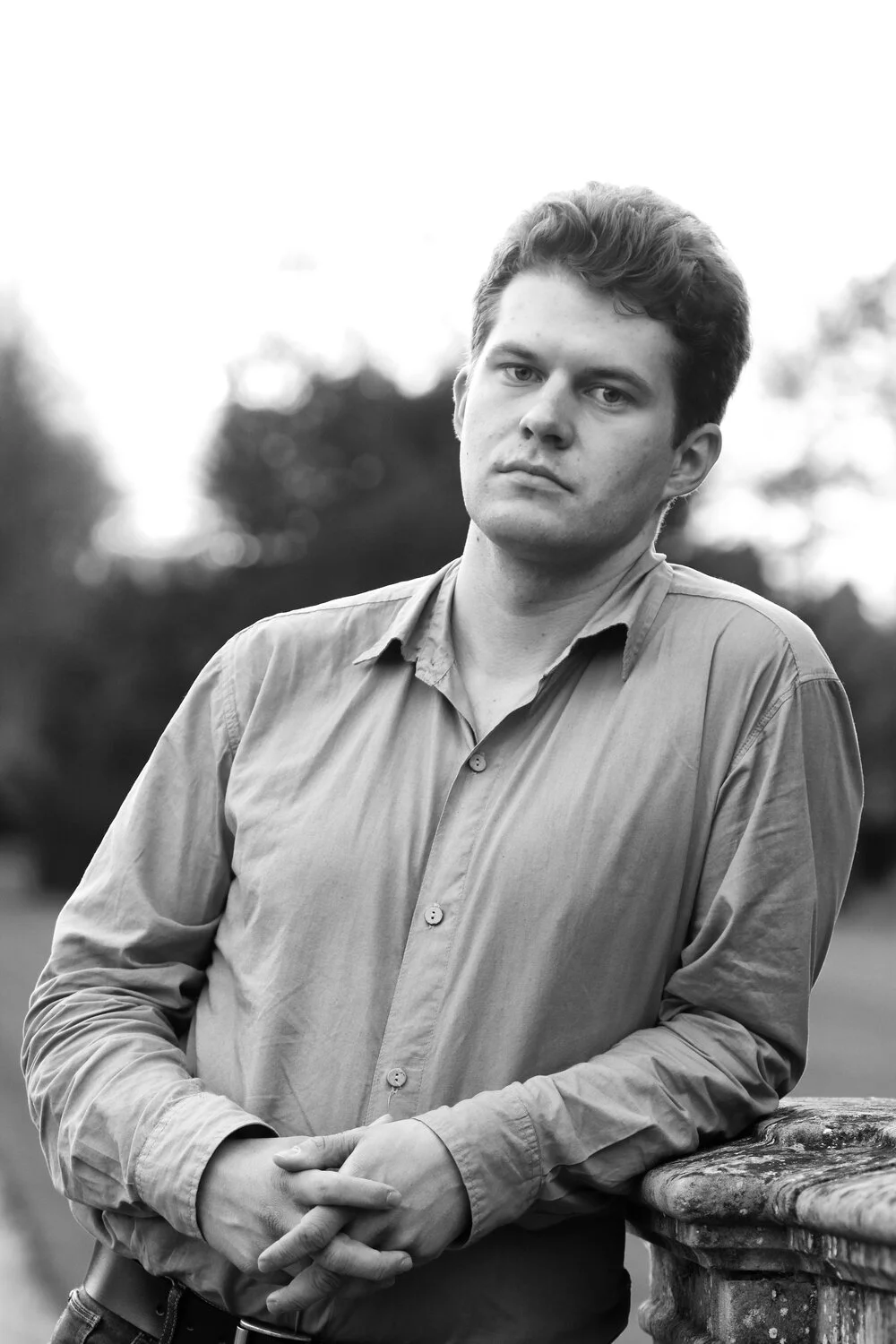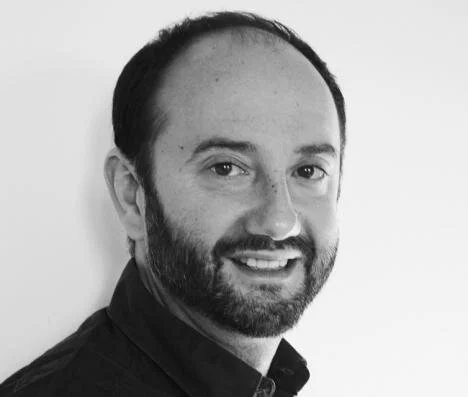PIERRE SOKOLSKY
/Leader in field of Particle Astrophysics
Professor Emeritus of Physics & Astronomy U of Utah
Dean Emeritus of the College of Science
As an administrator for 15 years, I still tried to do science and it was difficult because being a dean, every day there is a problem. Every day you have to solve some personal issues, so it’s difficult to concentrate and what I would do was, whenever there was an opportunity to go to a conference away from the university, particularly in a different country, I would sit in the conference room listening to these lectures. You know how it is with meetings, maybe 10% of the speakers are exciting and interesting. What I found is even when I was not listening because I was in this atmosphere of people talking about physics, my mind was set free and would just start percolating. And all of a sudden ideas would come completely unrelated to what the speaker was talking about, except that they were scientific ideas. And I would jot them down and I found that this was really quite an interesting process because it was kind of an immersion process where you actually are not concentrating on what is exactly in front of you, but it puts you in this mood. The brain turns on a different lode and I think by association other ideas come up.



















